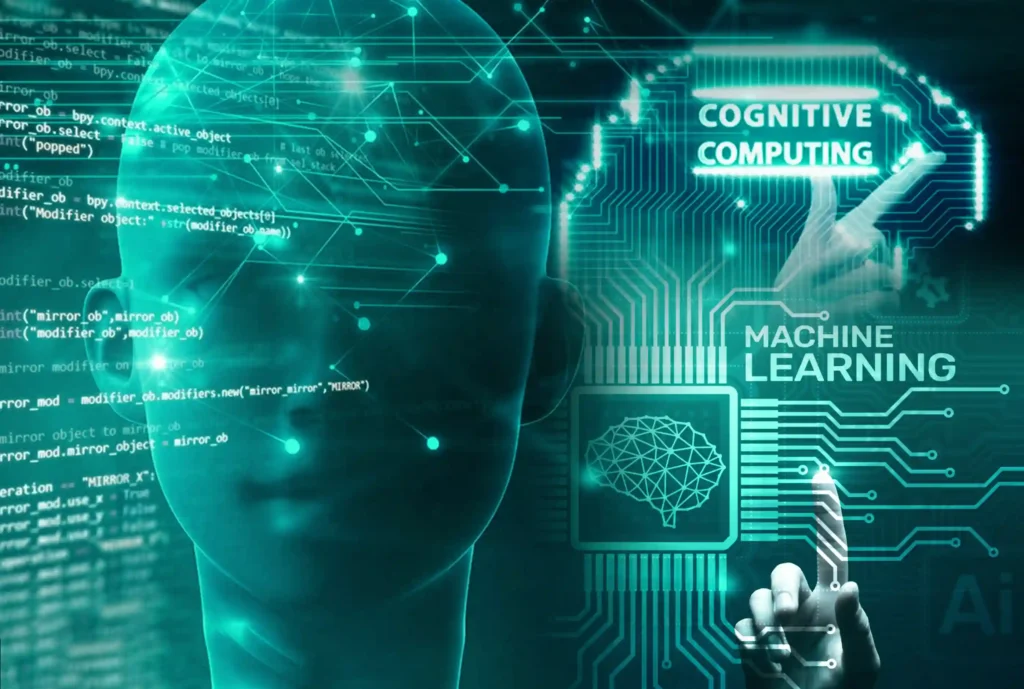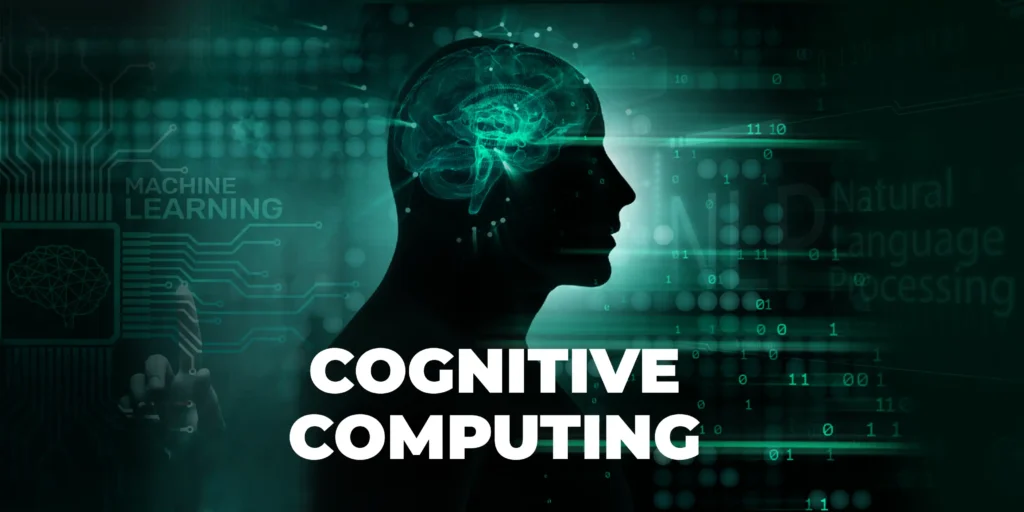Cognitive computing can be described as a field of computing that seeks to replicate the brains capacity for information processing, reasoning and learning from past experiences. In contrast to computing, which depends on rules and algorithms cognitive computing systems utilize sophisticated algorithms and data analysis to imitate human thinking processes.
Unleashing the Potential

In a time marked by progress cognitive computing emerges as an innovative method, for tackling problems and making decisions. By integrating intelligence (AI) machine learning (ML) and natural language processing (NLP) cognitive computing signifies an approach to how computers process and understand data.
Elements of Cognitive Computing
At the heart of it lie elements such as artificial intelligence (AI) machine learning (ML) natural language processing (NLP) and neural networks. These technologies collaborate to empower systems in comprehending, analyzing and interpreting data in real time.
Utilizations
The applications of computing span sectors, like healthcare, finance, customer service and self-driving vehicles. In the healthcare sector cognitive computing systems can support physicians in diagnosing illnesses analyzing images and devising treatment strategies.
In the field of finance it’s algorithms have the capability to examine market patterns, spot investment prospects and enhance trading tactics.
The advantages of computing are vast. By utilizing AI and machine learning algorithms cognitive computing systems can make more decisions resulting in enhanced efficiency and productivity. Moreover, cognitive computing allows for tailored experiences by examining user data and preferences to provide customized recommendations and insights.
However, despite its benefits cognitive computing also comes with challenges and limitations. Data privacy and security issues are considerations since cognitive systems often rely on sensitive information. Ethical concerns, like bias in algorithms and decision making present significant hurdles. Additionally integrating computing systems with infrastructure and processes can be intricate and time consuming.
Future Of Computing
Looking forward the future of computing holds promise. Developments in AI and machine learning algorithms are anticipated to spur innovation and unveil possibilities for applications in computing. As computing progresses its influence on sectors such as healthcare, finance and customer service is expected to be profound.
Using AI machine learning (ML) and natural language processing (NLP) can help cognitive computing systems discover perspectives boost decision making processes and increase effectiveness. The advancement of computing is expected to bring about changes, in various sectors and society, as a whole.
To sum up cognitive computing signifies a pioneering approach, to computation that has the potential to revolutionize industries and change how we engage with technology.
Q&A
Cognitive computing sets itself apart from traditional methods by its ability to mimic human thinking processes analyze unstructured data and adapt based on experiences.
Data plays a role in fueling computing driving artificial intelligence and machine learning algorithms. These systems heavily rely on data to train models make forecasts and extract insights.
Certainly, cognitive computing systems can acquire knowledge through experience using machine learning techniques. By reviewing data and feedback these systems can enhance their performance and precision progressively.
Concerns linked to cognitive computing technologies encompass issues like algorithmic biases safeguarding data privacy and security as well as the impact on jobs and society, at large. It’s crucial to address these dilemmas for the advancement and deployment of cognitive computing systems.
Everyday examples of computing applications include assistants such as Siri and Alexa personalized recommendations on online shopping platforms and fraud detection mechanisms utilized in the banking sector.
